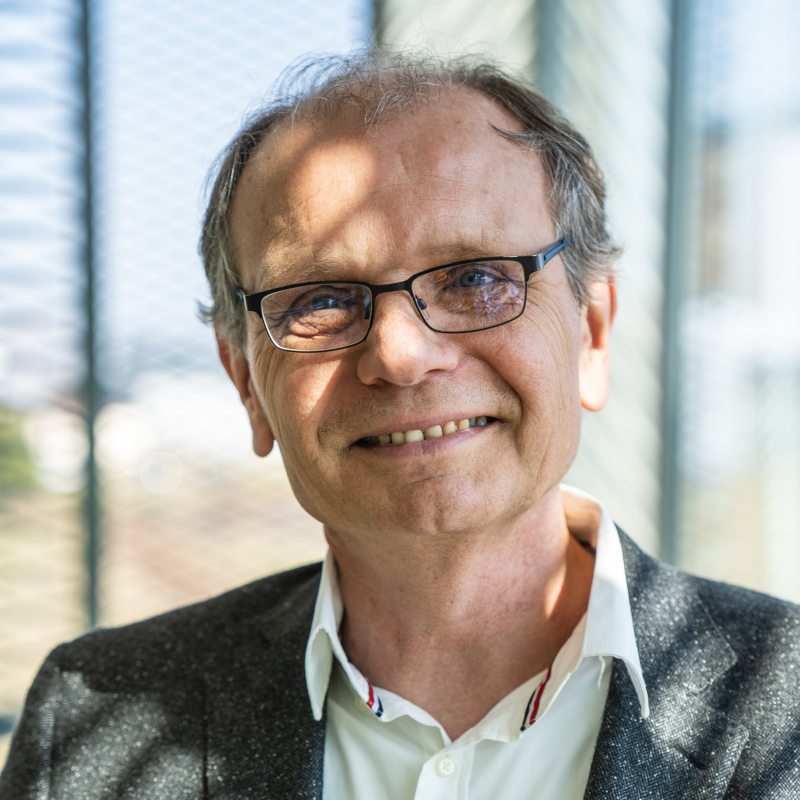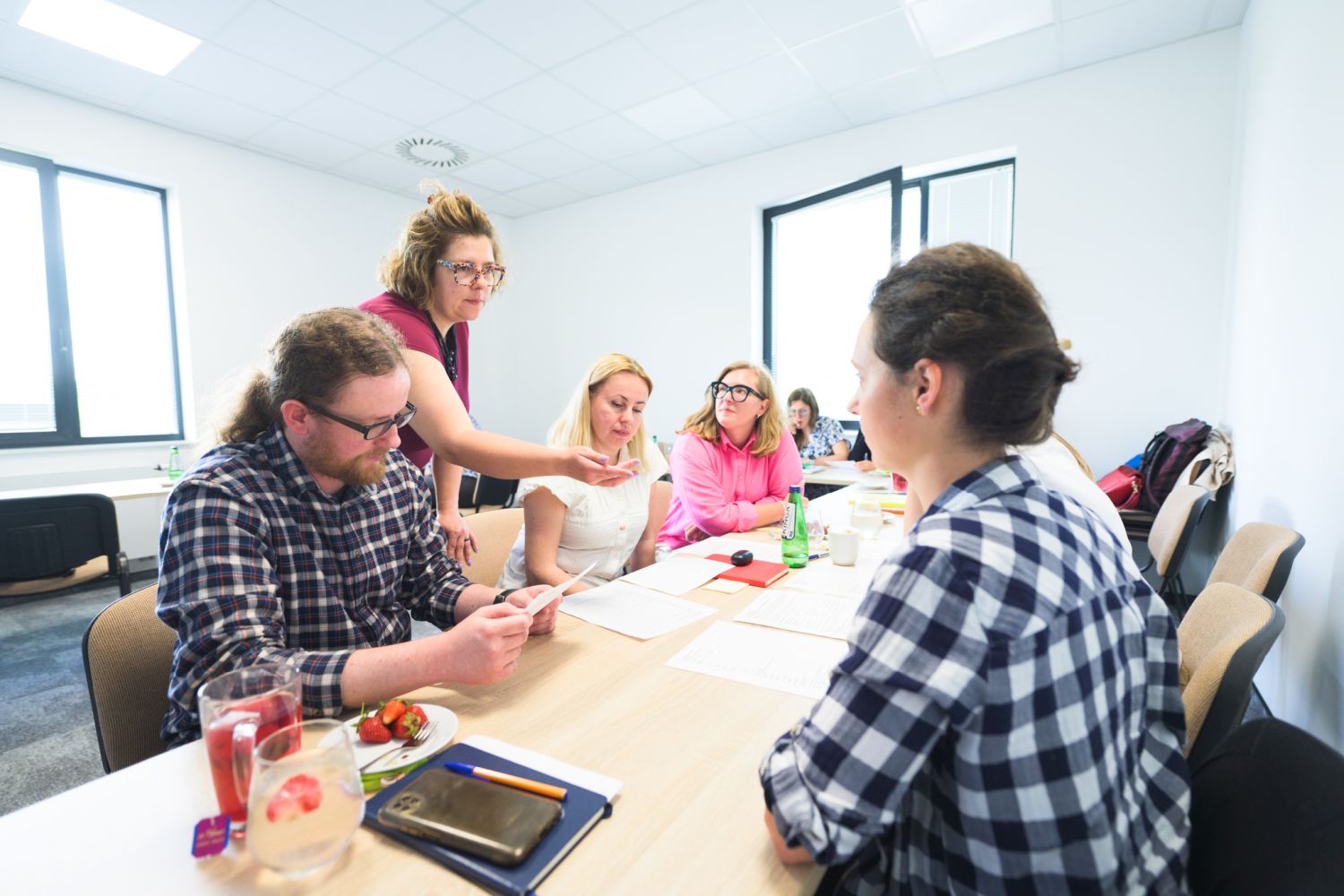Fanconi anemia is a very rare genetic disease characterized by i.a. high risk of cancer, especially squamous cell carcinoma of the oral cavity. Due to the small number of patients, it is difficult to conduct clinical trials on it. Scientists from an international team propose to use advanced mathematics, or more precisely, the method of multi-level dynamic modeling, i.e. collecting large amounts and various types of genetic and health data from a limited number of patients.
– Multi-level dynamic modeling is an advanced mathematical and computational approach used in various fields of science and engineering, which allows for analyzing and explaining complex patterns – says Prof. Carsten Carlberg from the Institute of Animal Reproduction and Food Research of the Polish Academy of Sciences in Olsztyn, one of the corresponding authors of the publication on this topic, which has just been published in the journal “Frontiers in Genetics”.
WHAT KIND OF ILLNESS IS THAT
Fanconi anemia (FA) is a very rare disease with a genetic basis (it occurs once in 300,000 people). It is primarily caused by mutations in 22 different genes involved in repairing damaged DNA.
People with Fanconi anemia often have congenital defects and a high risk of cancer, especially squamous cell carcinoma of the oral cavity. Due to gene mutations and a defect in the DNA repair process, traditional cancer treatment methods such as chemotherapy cannot be used for this disease.
A BROAD LOOK AT THE DATA
The problem in better understanding Fanconi anemia is the small number of patients and, as a result, difficulties in conducting clinical trials with their participation. Advanced mathematics comes to the rescue.
As explained by prof. Carsten Carlberg, mechanistic molecular modeling is a computational approach that is well suited to analyzing longitudinal studies of groups of people with a limited number of participants (longitudinal studies are a way of conducting research that allows you to observe the same people repeatedly and over many years). These limitations may have various reasons: logistical, financial, or because the disease being studied, such as Fanconi anemia, is rare.
In contrast, multi-level dynamic modeling is a special case of mechanistic modeling in which a large amount of data is collected for one person and then used to create models of that person’s cells and tissues. These models are sometimes referred to as “digital twins”.
– To create and “train” the model, we use data from healthy and diseased tissue samples from a unique cohort of 750 patients with FA, which was built over 15 years by Prof. Eunike Velleuer. On this basis, we develop the characteristic features of squamous cell carcinoma in patients with Fanconi anemia, which in turn allows us to develop forecasts regarding the probability of developing this cancer – explains Prof. Carsten Carlberg.
– This approach may revolutionize the way of clinical treatment of people with Fanconi anemia – says the leader of the research team, Prof. Eunike Velleuer from the University of Düsseldorf (Germany), who is one of the world’s leading experts in the field of this disease and the first author of the mentioned publication.
The German-Polish team is completed by international collaborators from Mexico and the US, who are experts in mechanistic modelling and/or Fanconi anemia.. The consortium’s ultimate goal is to create “digital twins” of FA patient which can be used to develop personalized treatment routes.
– Using mechanistic modelling and building medical digital twins is by far not restricted to Fanconi anemia, but can be applied for many investigations such as longitudinal effects of vitamin D supplementation – says Prof. Carlberg.






